Connecting the dots between DEI and mental health
In a world where burnout rates are soaring, psychological safety is now a business imperative for organisations that want to thrive.
One of the foundations of that safety is Diversity, Equity, and Inclusion (DEI) in the workforce. Not only does it make ethical and social sense, but it also drives significant business benefits.
However, a less explored but equally important facet of DEI is its profound impact on employee mental health.

Understanding how DEI supports mental health is vital in the modern workplace, where mental health issues are on the rise and can adversely affect an employee’s productivity, engagement, and overall wellbeing. Moreover, it establishes a strong case for why companies should prioritise DEI initiatives.
That’s why ‘the mentl awards 2023’ has created a category to amplify and showcase best practice in companies embracing diversity, equity and inclusion.

DEI and Mental Health: A Positive Influence
The following are five key ways in which DEI principles support mental health:
- Fostering an Inclusive Environment: An inclusive workplace is one where individuals of all backgrounds, experiences, and identities feel valued, respected, and accepted. Such a sense of belonging can significantly reduce feelings of isolation, alienation, or “imposter syndrome”, all of which are known triggers for anxiety and depression. When employees feel they belong, they experience improved mental well-being, and are more likely to engage actively and positively in their roles.
- Mitigating Discrimination and Bias: Discrimination and bias in the workplace are not just unfair – they can also have a severe impact on an individual’s mental health. The stress of facing prejudice can lead to a range of mental health issues, including depression and anxiety. A commitment to equity and inclusion can help reduce the occurrence of such negative experiences, thereby reducing work-related stress and promoting healthier mental states.
- Encouraging Richer Perspectives: A diverse workforce naturally brings in a variety of perspectives, experiences, and problem-solving approaches. This richness can stimulate creativity and innovation, leading to increased job satisfaction and mental stimulation. Job satisfaction and mental stimulation, in turn, positively influence mental health, reducing the risk of burnout and promoting a sense of fulfillment.
- Promoting Employee Engagement: Inclusion means every employee has an equal opportunity to express their views and participate in decision-making. When employees feel their voices are heard and valued, they feel empowered. This sense of empowerment can significantly increase job satisfaction, engagement, and overall mental well-being.
- Improving Company Culture: Companies with strong DEI initiatives typically exhibit a positive and supportive company culture. Such cultures foster teamwork, mutual respect, and understanding, creating a supportive environment that positively impacts employees’ mental health.
The Business Case for DEI and Mental Health
While the impact of DEI on mental health is clear, companies might wonder, “Why should we care?” The reality is that DEI’s positive impact on mental health isn’t just good for employees; it’s also great for business. Here’s why:
- Increased Productivity: Employees with good mental health are more likely to be productive. They are more engaged in their work, contribute better quality outputs, and are generally more reliable.
- Reduced Turnover: Employees who feel valued and included are more likely to stay with their employers. This reduced turnover translates into significant cost savings, as recruitment, onboarding, and training new employees can be expensive.
- Enhanced Decision-Making: Research has shown that diverse teams make better decisions. A variety of perspectives can identify more potential solutions and foresee a wider range of potential issues.
- Improved Reputation: Companies known for their commitment to DEI are more attractive to customers and potential employees. In a marketplace where consumers are increasingly conscious of corporate values, a commitment to DEI can enhance a company’s reputation and brand value.
- Promotion of Innovation: Diversity and inclusion foster creativity. When individuals from various backgrounds and experiences collaborate, the potential for innovative ideas and solutions increases. Innovation is a key driver of business growth and success in today’s fast-paced business world.
DEI isn’t about meeting quotas or creating a positive public image. It’s a crucial part of creating healthy, productive workspaces that drive business success.
By prioritising DEI, businesses aren’t just doing what’s right; they’re doing what’s smart.
